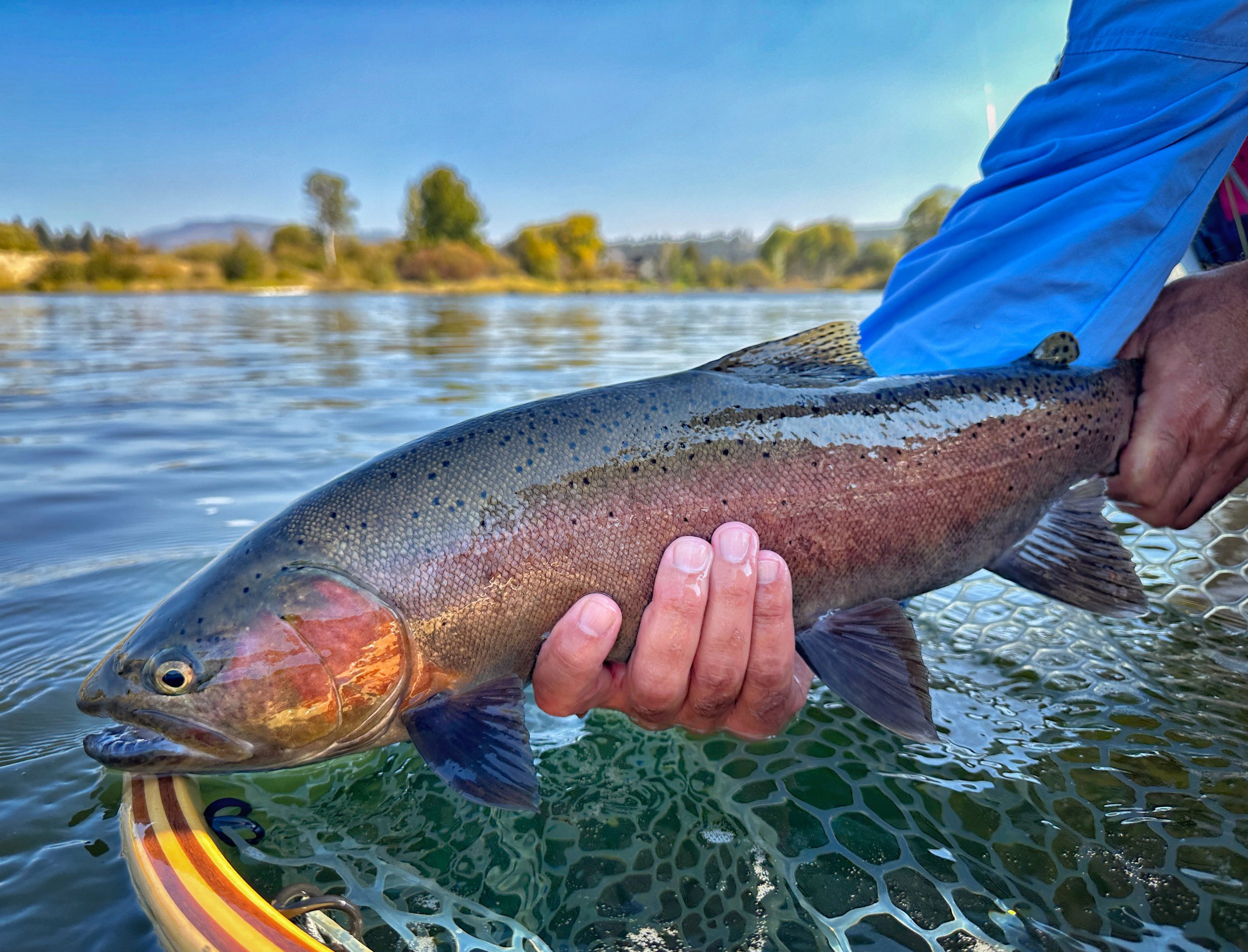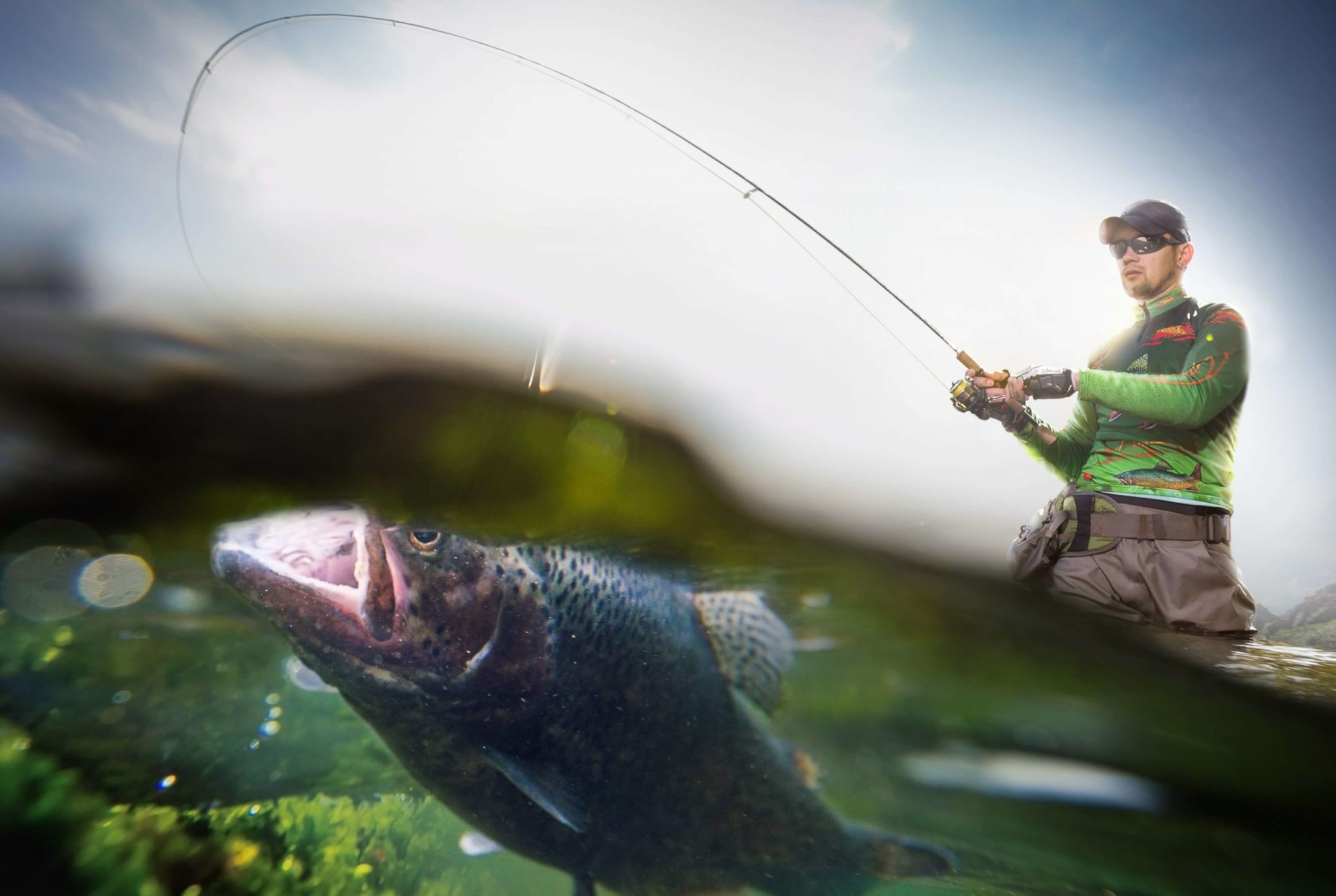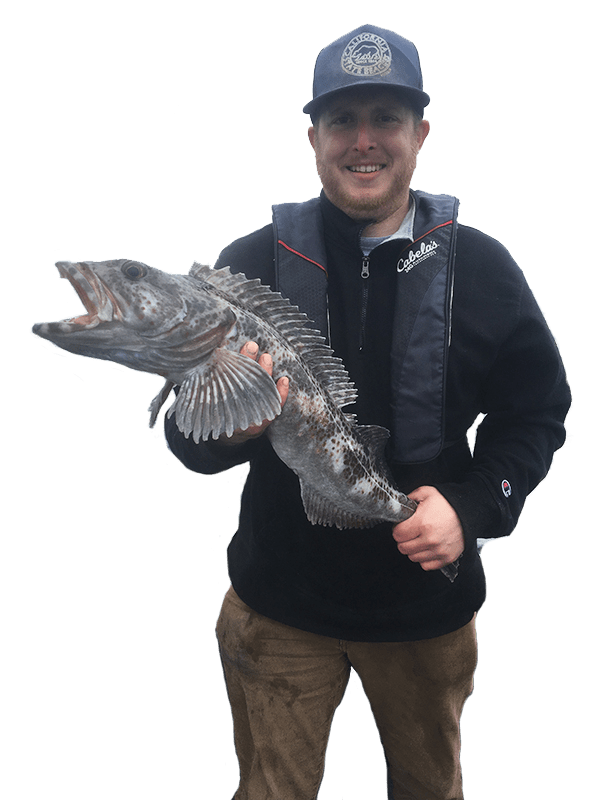Effective Fishing Strategies in Oregon to Land Big Catches
 Oregon is a haven for anglers, boasting a diverse range of water bodies, from the mighty Pacific Ocean to tranquil rivers and high mountain lakes. The state offers a plethora of opportunities to hook into some of the biggest and most sought-after fish species. However, to truly succeed, you’ll need more than just a fishing rod and bait. Here are some effective fishing strategies in Oregon to land big catches.
Oregon is a haven for anglers, boasting a diverse range of water bodies, from the mighty Pacific Ocean to tranquil rivers and high mountain lakes. The state offers a plethora of opportunities to hook into some of the biggest and most sought-after fish species. However, to truly succeed, you’ll need more than just a fishing rod and bait. Here are some effective fishing strategies in Oregon to land big catches.
Effective Fishing Strategies in Oregon to Land Big Catches

Know Your Target Species
Before heading out, it’s crucial to know what species of fish you’re targeting. Oregon offers a variety of species, including salmon, steelhead, trout, bass, sturgeon, and more. Each species has its preferred habitat, feeding patterns, and seasonal behaviors. Understanding these nuances will significantly increase your chances of success.
Seasonal Timing is Key
Oregon’s diverse climate and geography mean that fishing conditions vary significantly throughout the year. Different species are more active during specific seasons. For instance, salmon and steelhead runs are prominent in late summer and fall. Research the best times for the species you’re targeting to optimize your chances.

Invest in Quality Gear
Having the right equipment is paramount. Invest in quality fishing rods, reels, lines, and tackle. Different fish species may require specific gear, so ensure you have a variety of options at your disposal. Additionally, make sure your gear is well-maintained to avoid any mishaps while out on the water.
Stay Informed About Regulations
Oregon’s fishing regulations are designed to preserve the state’s diverse aquatic ecosystems. Stay updated on the latest fishing regulations, including size limits, bag limits, and seasonal restrictions. This knowledge not only helps protect the environment but also ensures you’re fishing within legal bounds.
Locate the Right Fishing Spots

Oregon offers a wide range of fishing environments, from coastal beaches to mountain lakes and wild rivers. Do thorough research or talk to local experts to find the best spots for your target species. Some well-known fishing spots include the Columbia River, Deschutes River, and the coastal towns of Newport and Astoria.
Master Different Techniques
Different fish species require different fishing techniques. For example, trolling is effective for targeting salmon and trout in larger bodies of water, while fly fishing is popular for trout in streams and rivers. Learn and master various techniques to adapt to different fishing environments.
Pay Attention to Tides and Currents
If you’re fishing in coastal areas or rivers influenced by tides, understanding their patterns is crucial. Tides and currents can greatly affect fish behavior. Research tide charts and current forecasts to plan your fishing trip accordingly.
Experiment with Bait and Lures
Fish can be finicky when it comes to their food preferences. Experiment with different baits and lures to see what works best for your target species. Live bait, artificial lures, and even different colors can make a significant difference in your success rate.
Practice Patience and Observation

Fishing often requires a good dose of patience. Observing the water, paying attention to subtle movements or changes, and being attuned to nature’s cues can make a big difference. Sometimes, the key to success is knowing when to wait and when to adjust your strategy.
Respect the Environment
Lastly, always respect the environment you’re fishing in. Leave no trace, follow catch-and-release guidelines when necessary, and be mindful of the impact you have on the ecosystem.
Stay Informed with Local Knowledge
Engage with local fishing communities, forums, and bait shops. Locals often possess invaluable knowledge about current fishing conditions, hotspots, and the best techniques for specific areas. They can provide insights that might not be found in guidebooks or online resources.
Stay Adaptable and Flexible
Fishing conditions can change rapidly due to weather, water levels, or fish behavior. Be prepared to adapt your strategies on the spot. This might involve changing your bait, adjusting your technique, or even relocating to a different spot.
Utilize Technology Wisely
Modern technology, such as fish finders and GPS devices, can greatly enhance your chances of success. Fish finders can help you locate schools of fish and understand their depth, while GPS devices can ensure you stay on course to your chosen fishing spot.
Understand Fish Behavior
Knowing the behavior of the fish you’re targeting can be a game-changer. Some fish are more active during dawn and dusk, while others may feed at different depths depending on factors like water temperature. Understanding these patterns can guide your approach.
Experiment with Presentation
How you present your bait or lure can make a significant difference. This includes factors like the speed of retrieval, depth at which you fish, and the movement of your bait. Sometimes, a subtle change in presentation can trigger a strike.
Practice Catch-and-Release

If conservation is important to you, consider catch-and-release fishing. This ensures that fish populations remain healthy and sustainable for future generations of anglers. Handle fish carefully, use barbless hooks, and release them gently back into the water.
Weather and Moon Phases Matter
Weather conditions, including temperature, barometric pressure, and cloud cover, can influence fish behavior. Additionally, moon phases can affect feeding patterns. While fish can be caught in any weather, understanding these factors can help you plan your trips for optimal success.
Be Patient, Stay Persistent
Fishing isn’t always about instant gratification. It requires persistence and a willingness to learn from both successes and failures. Some of the best catches come to those who put in the time and effort.
Enjoy the Experience
Remember that fishing is not only about the catch, but also about the experience itself. Take in the natural beauty, appreciate the serenity of the water, and relish the time spent outdoors. Whether you land a trophy fish or not, every fishing trip is an opportunity for adventure and connection with nature.
Wrapping It Up
Effective fishing strategies in Oregon require a combination of knowledge, skill, and respect for the environment. By understanding the behavior of your target species, investing in quality gear, and employing a variety of techniques, you’ll greatly increase your chances of landing big catches in this diverse and beautiful state.
If you’re still looking for a fishing charter to help your chances of landing the big one, contact us now to learn more about our services!
Schedule your Oregon Fishing Charter Today!

